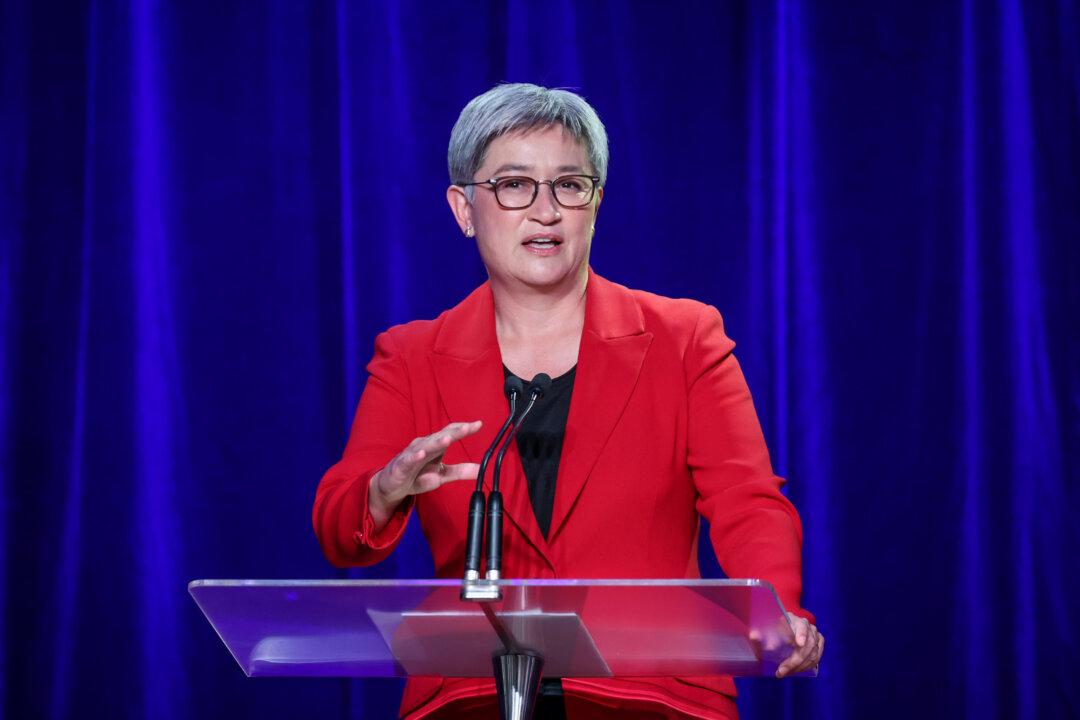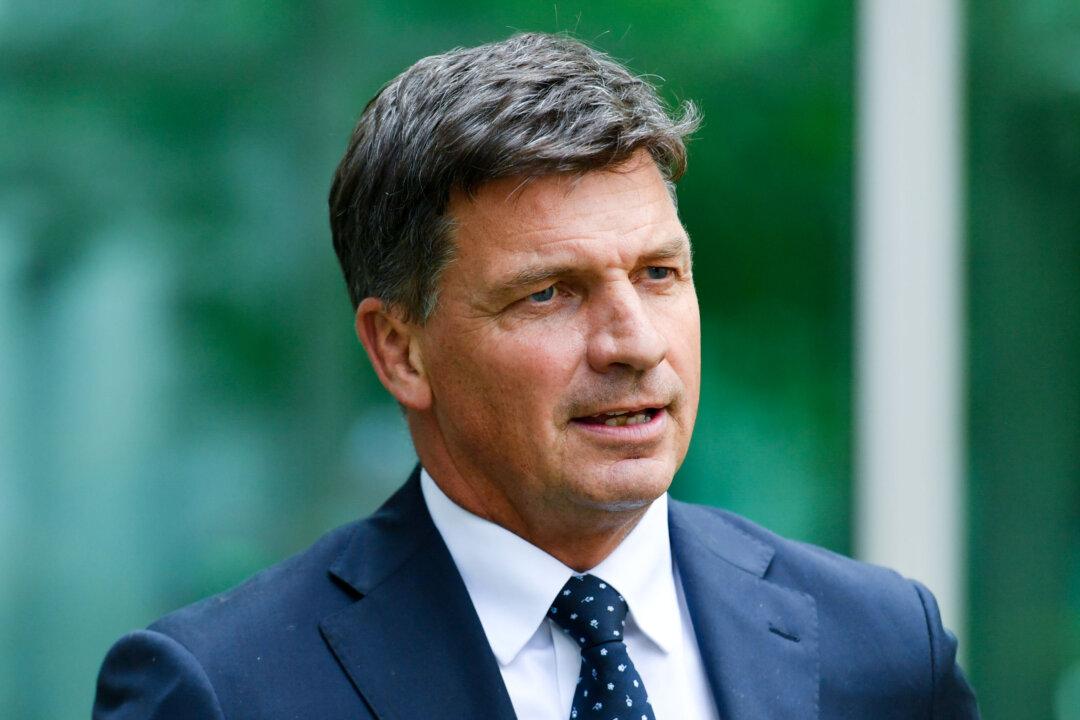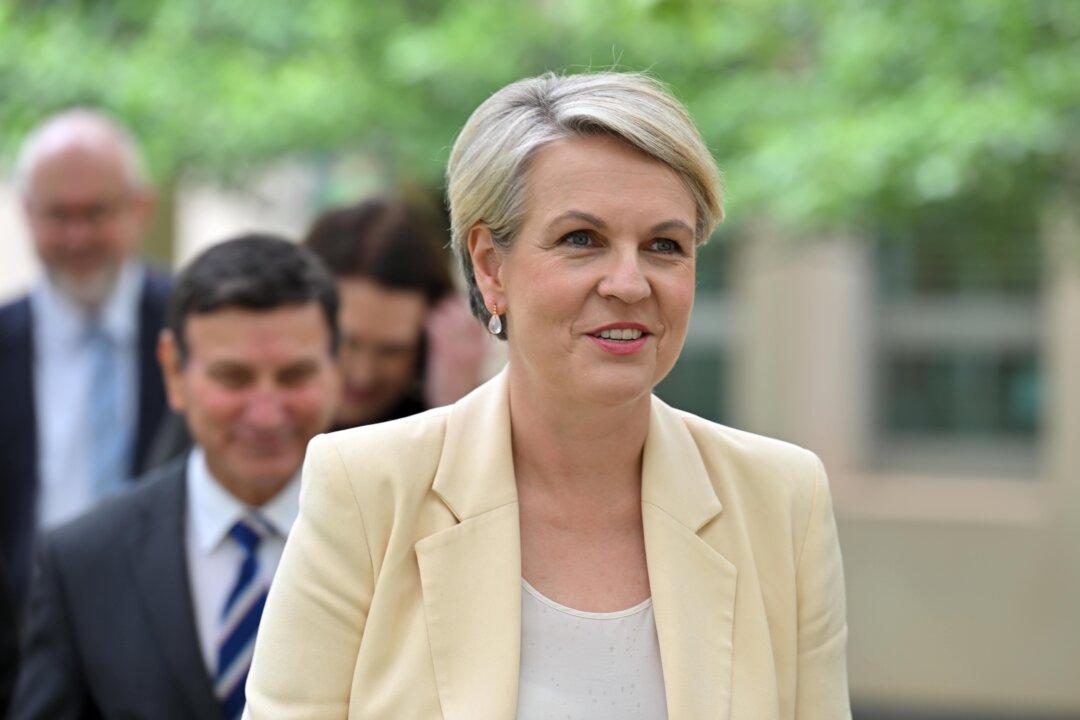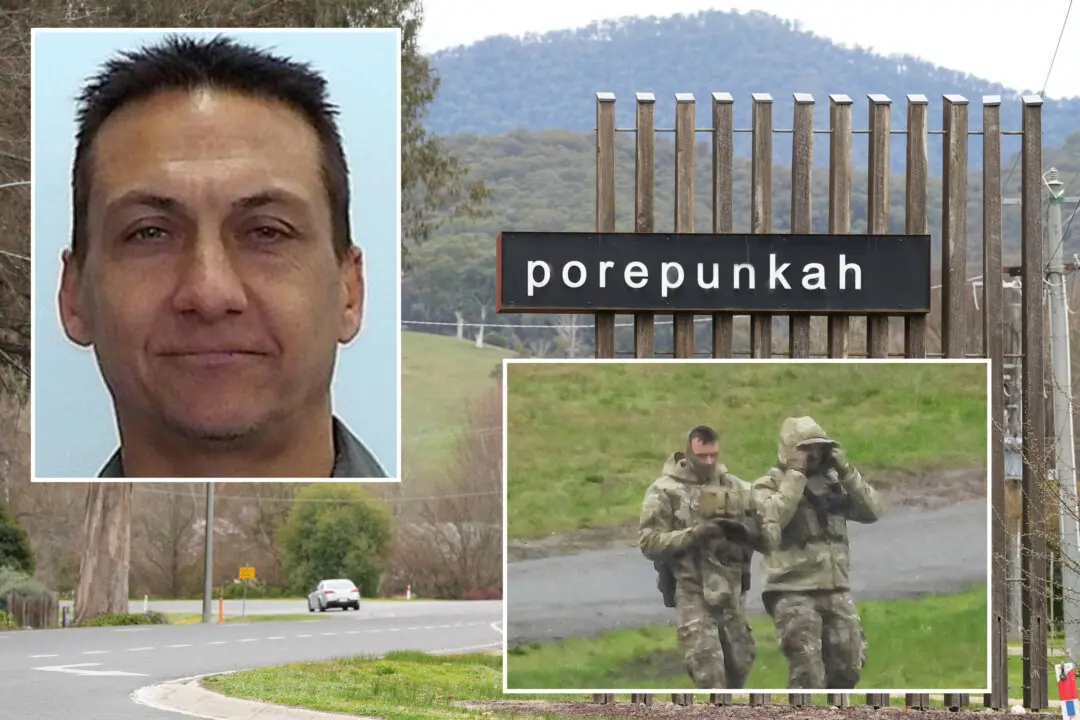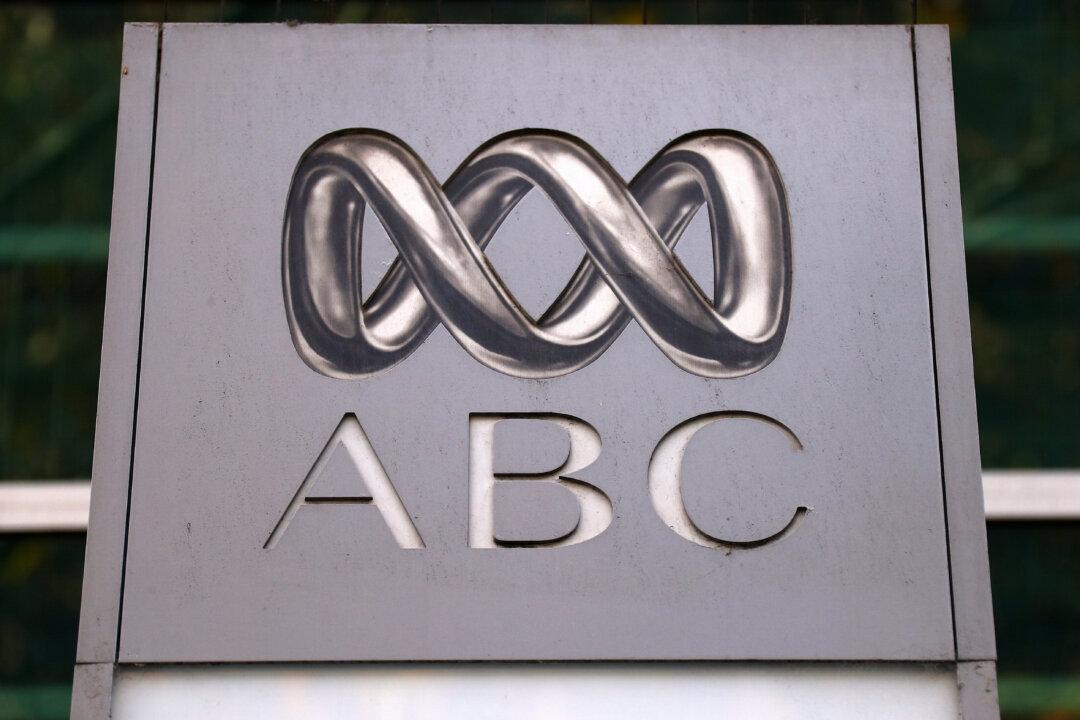Australia has pledged an additional $4 million (US$2.6 million) to assist Fiji in responding to its growing HIV crisis.
Foreign Minister Penny Wong made the announcement during her official visit to Suva on May 20, as part of a broader Pacific mission focused on development, climate cooperation, and regional solidarity.
